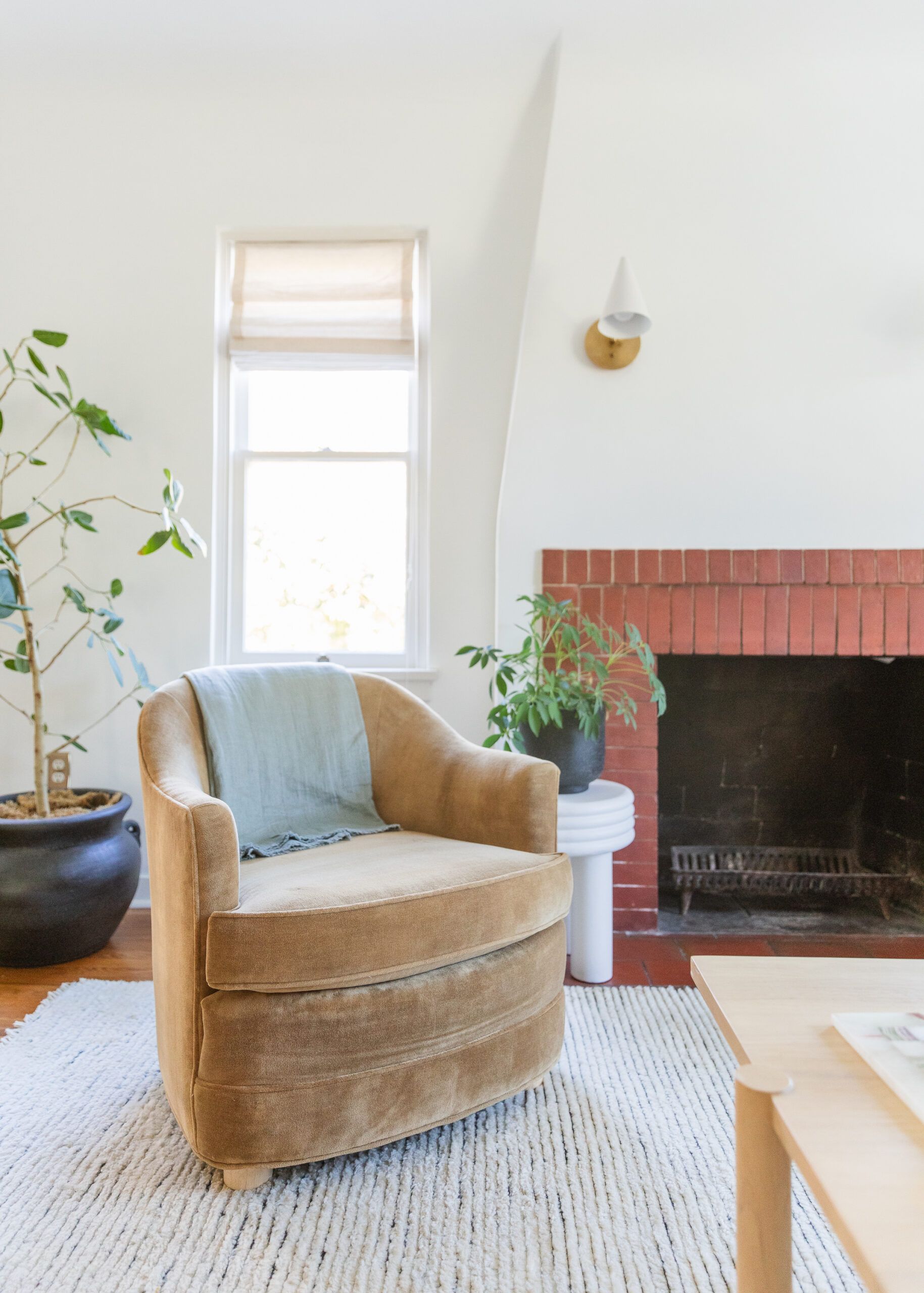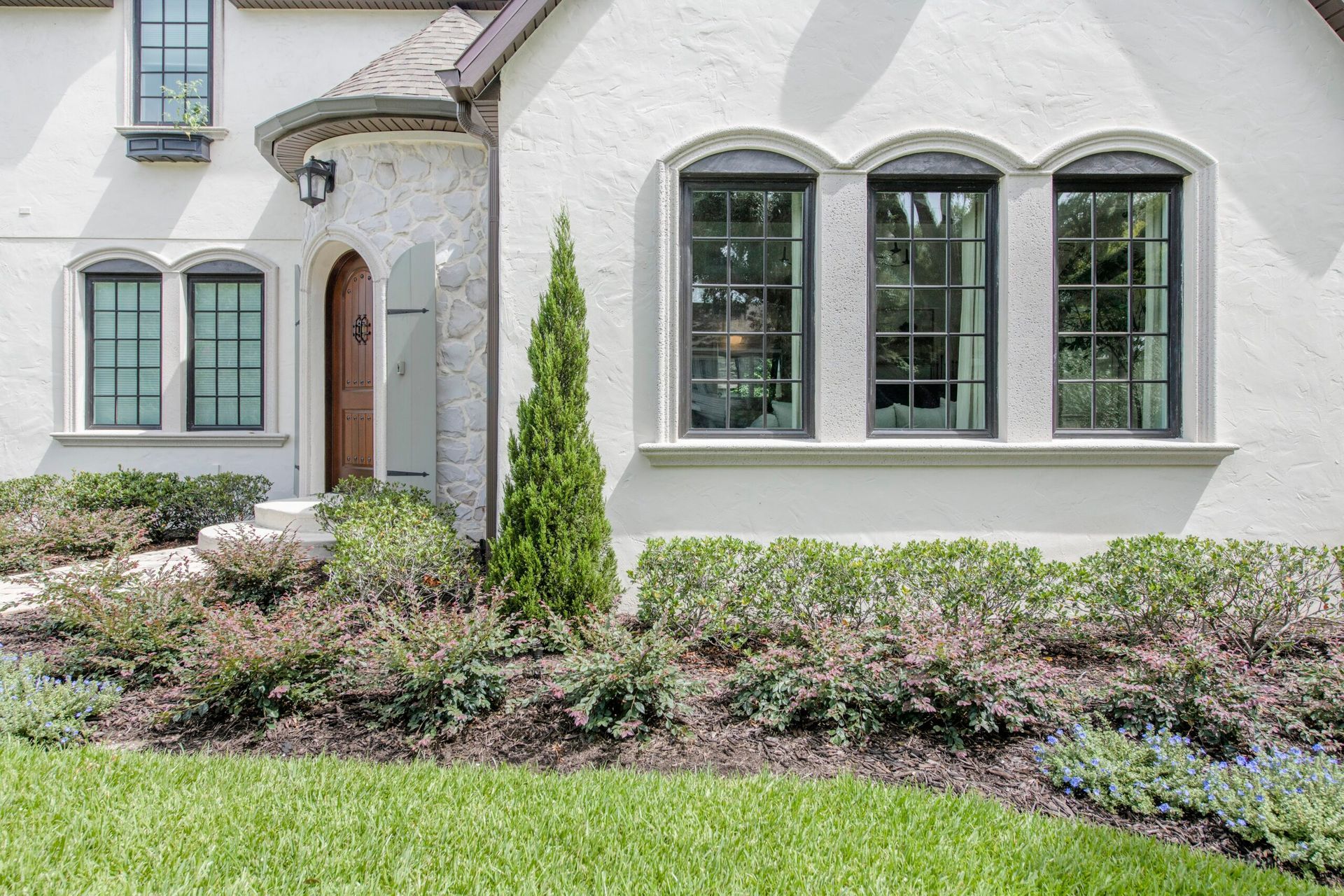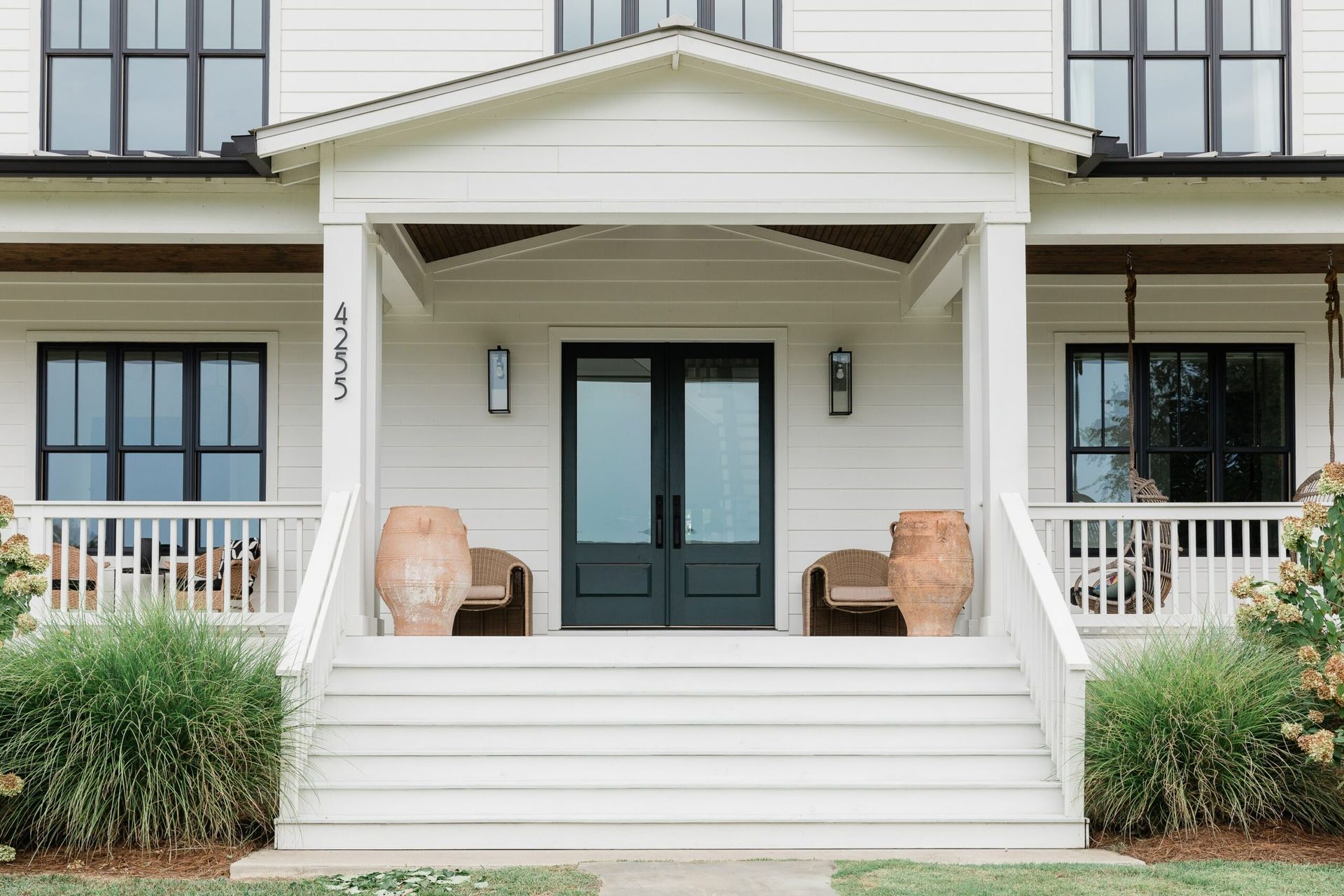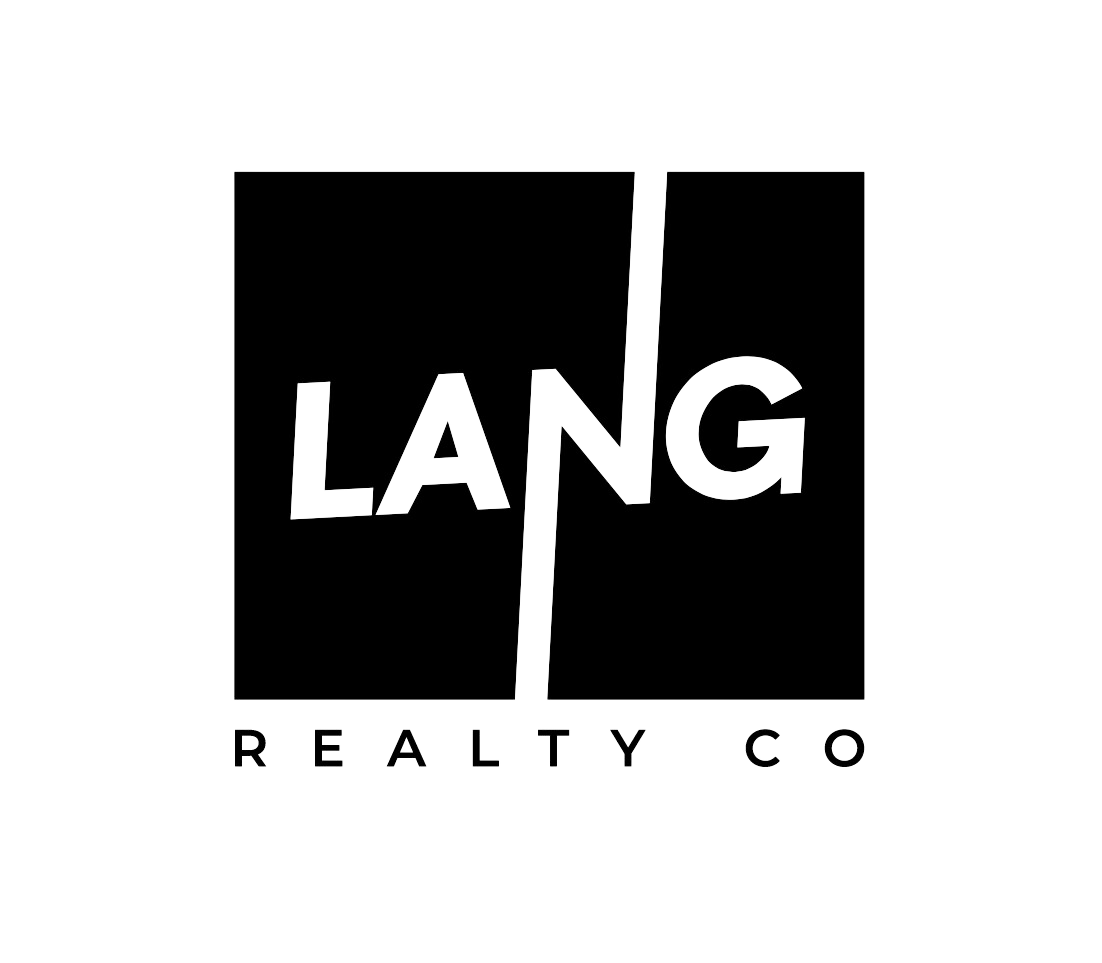HOA fees are often seen as an extra expense, but they serve a crucial role in maintaining community amenities, preserving property values, and protecting residents from unexpected repair costs. Learn why these fees are essential for homeowners and how being involved in your HOA can help ensure a well-managed and thriving community.

In addition to mortgage payments, property taxes, and homeowner’s insurance, some homes are located in planned communities that require monthly HOA (Homeowners’ Association) fees. These fees can sometimes feel like just another expense, especially if you’re not fully aware of what they’re used for. While they may seem like unnecessary costs, HOA fees actually serve a number of essential functions that help maintain the quality of the community and protect property values
.
What Are HOA Fees Used For?
One of the primary uses for HOA fees is to fund the maintenance and repair of shared community spaces. These might include landscaping, common area upkeep, and ensuring that streets and sidewalks remain in good condition. Additionally, HOA fees often cover the cost of utilities in common areas and the upkeep of community amenities such as pools, playgrounds, sports courts, and fitness centers. These amenities are often a big draw for homebuyers, and their maintenance helps keep property values high.
The Reserve Fund: A Safety Net for Homeowners
Another important function of HOA fees is funding the reserve fund, which is a financial cushion to cover major repairs or replacements that might arise unexpectedly. This can include the repair of community infrastructure like roads, roofs of common buildings, or shared fences. Without a reserve fund, homeowners in the community could be responsible for paying large amounts out of pocket if something needs to be fixed. The reserve fund is a safeguard that helps protect homeowners from unexpected financial burdens.
How HOA Fees Are Determined
HOA fees vary depending on the size of the property, the specific neighborhood, and the types of amenities offered. Larger properties or communities with more amenities will typically require higher fees to cover the associated costs. While the amount can seem like an additional burden, these fees are shared by the community and are intended to benefit everyone by preserving the neighborhood’s overall appeal and property values.
The Importance of Community Involvement
One of the most important aspects of living in an HOA community is being involved in the decision-making process. As a member of the HOA, you have the opportunity to participate in meetings, voice your concerns, and even run for a position on the Board of Directors (if in good standing). Your participation ensures that the HOA is effectively managing the funds and making decisions that reflect the needs and desires of the community. A well-managed HOA can significantly improve the quality of life for homeowners and contribute to maintaining property values.
Are HOA Fees Worth It?
While HOA fees may initially seem like an unnecessary burden, they actually play a critical role in maintaining the quality of life within a neighborhood and protecting your investment in the home. When managed well, HOA fees help ensure that the community’s amenities are in good shape, that unexpected costs are covered, and that property values remain strong. Being an active participant in your HOA can also give you a voice in how funds are spent, ensuring the money is used wisely for the benefit of all homeowners.
In conclusion, HOA fees are not just "junk fees." They serve important purposes in preserving the community and maintaining a desirable living environment. Homeowners should understand the value of these fees, be involved in their management, and appreciate the long-term benefits that a well-run HOA can bring.
Kate Lang, Lang Realty Co
Realty One of New Mexico
9674-3 Eagle Ranch Rd NW
Albuquerque, NM 87114
C: 505.554.6067
O: 505.883.9400
W: langrealtyco.com



MOBILE: 505.554.6067
OFFICE: 505.883.9400
Powered by: Realty One of New Mexico
9674-3 Eagle Ranch Rd NW
Albuquerque, NM 87114
Kathryn "Kate" Lang, Associate Broker
License # 40964
